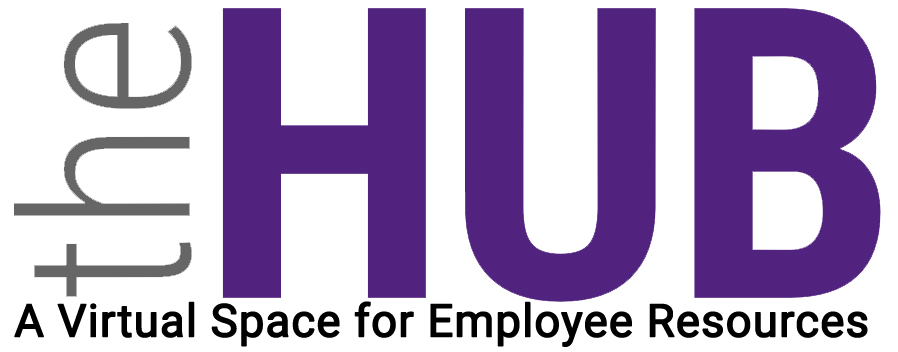What is Scaffolding?
According to the Glossary of Education Reform, “scaffolding refers to a variety of instructional techniques used to move students progressively toward stronger understanding and, ultimately, greater independence in the learning process” (2015, para. 1). Scaffolding involves breaking up the learning skill, activity, or process into manageable bites and providing students assistance with each part as needed. Think of scaffolding as a ladder that enables the instructor to meet students where they are and move them toward mastery one rung at a time.
Why is it Important?
Puntambekar and Hubscher (2005) explain the importance of scaffolding as a tool to support student success. For example, scaffolding …
- offers the opportunity for shared understanding of a common goal, which motivates task completion
- provides students with a guiding structure for tackling complex tasks
- promotes the practice of modeling and gradual release (which move students toward independent learning)
Examples of Scaffolding
Writing: One example of scaffolding used for writing is the PICK Analysis, a strategy developed by MC Professor Hannah Weiser, JD/MBA. PICK Analysis asks students to make a Point, Identify and explain concepts, Connect the facts, and give a Key takeaway. For more information on the PICK Analysis.
Problem Solving: Another example uses a method called the DEEPER Scaffolding Framework (Antonenko et al, 2014). DEEPER stands for Define, Explore, Explain, Present, Evaluate, Reflect. MC employees can access an article about the DEEPER Process using their M #.
References
Antonenko, P.D., Jahanzad,F., & Greenwood, C. (2014). Fostering collaborative problem solving and 21st century skills using the DEEPER scaffolding framework. Journal of College Science Teaching, 42(6), 79.
Glossary of Education Reform. (2015). Scaffolding.
Puntambekar, S., & Hubscher, R. (2005). Tools for scaffolding students in a complex learning environment: What have we gained and what have we missed? Educational Psychologist, 40(1), 1-2.
The resources listed here are in place to support instruction and provide guidance.
